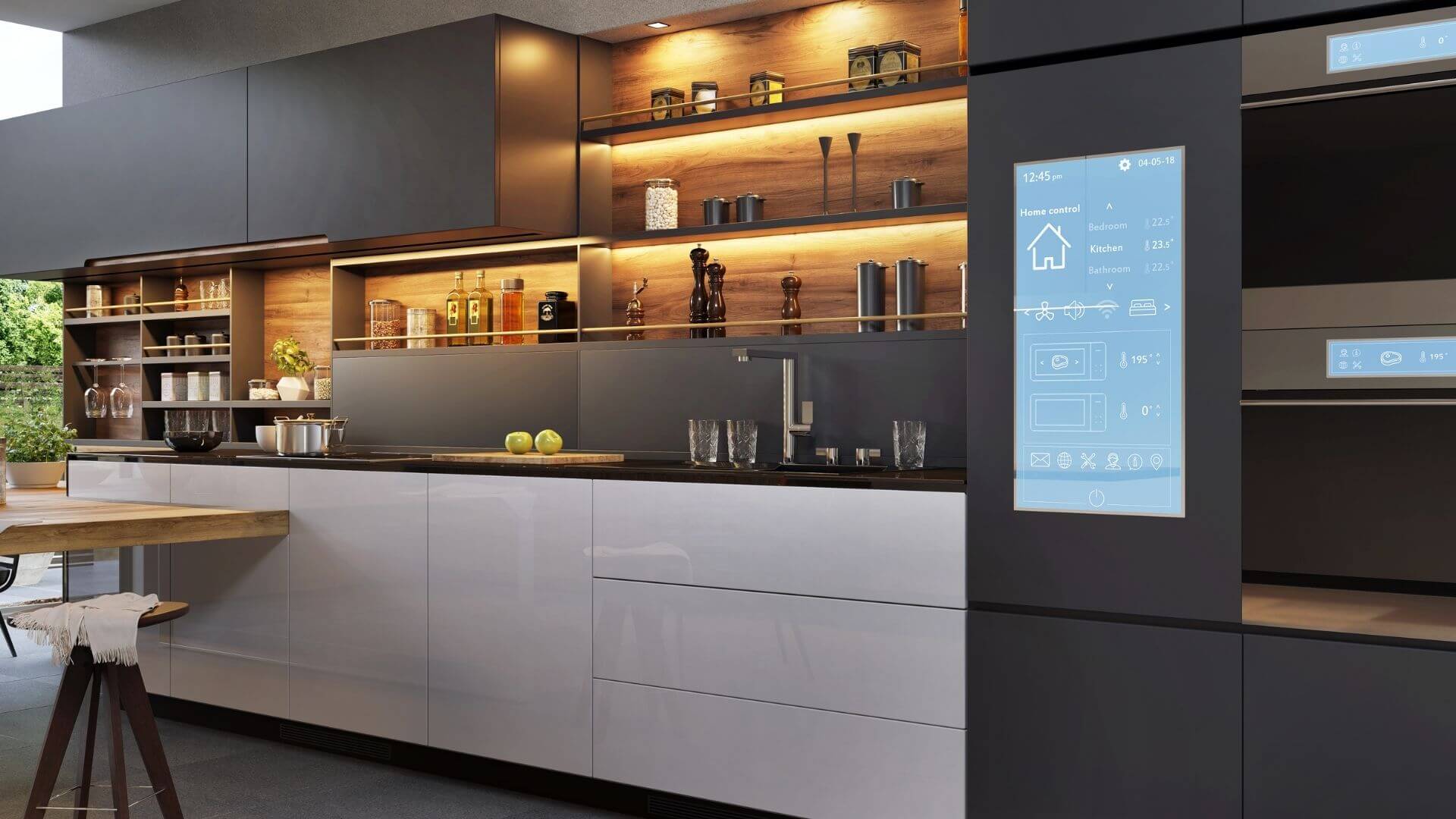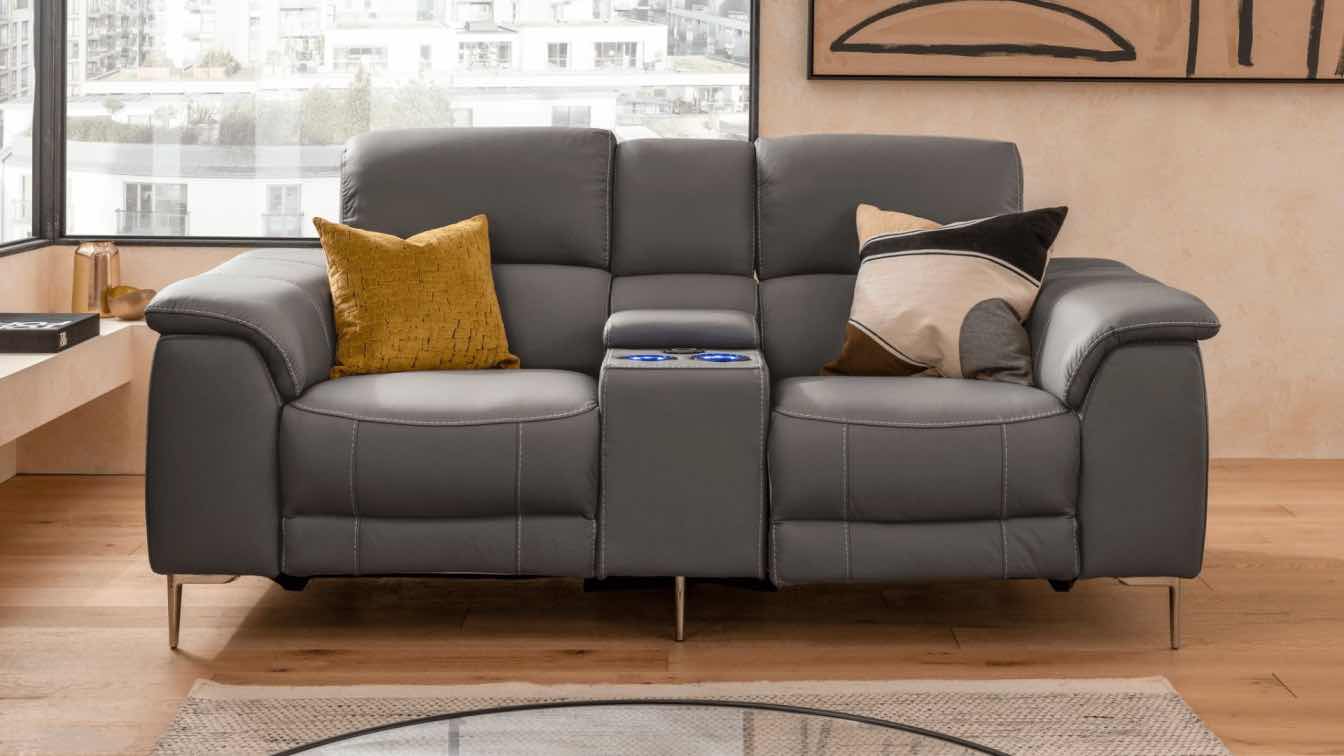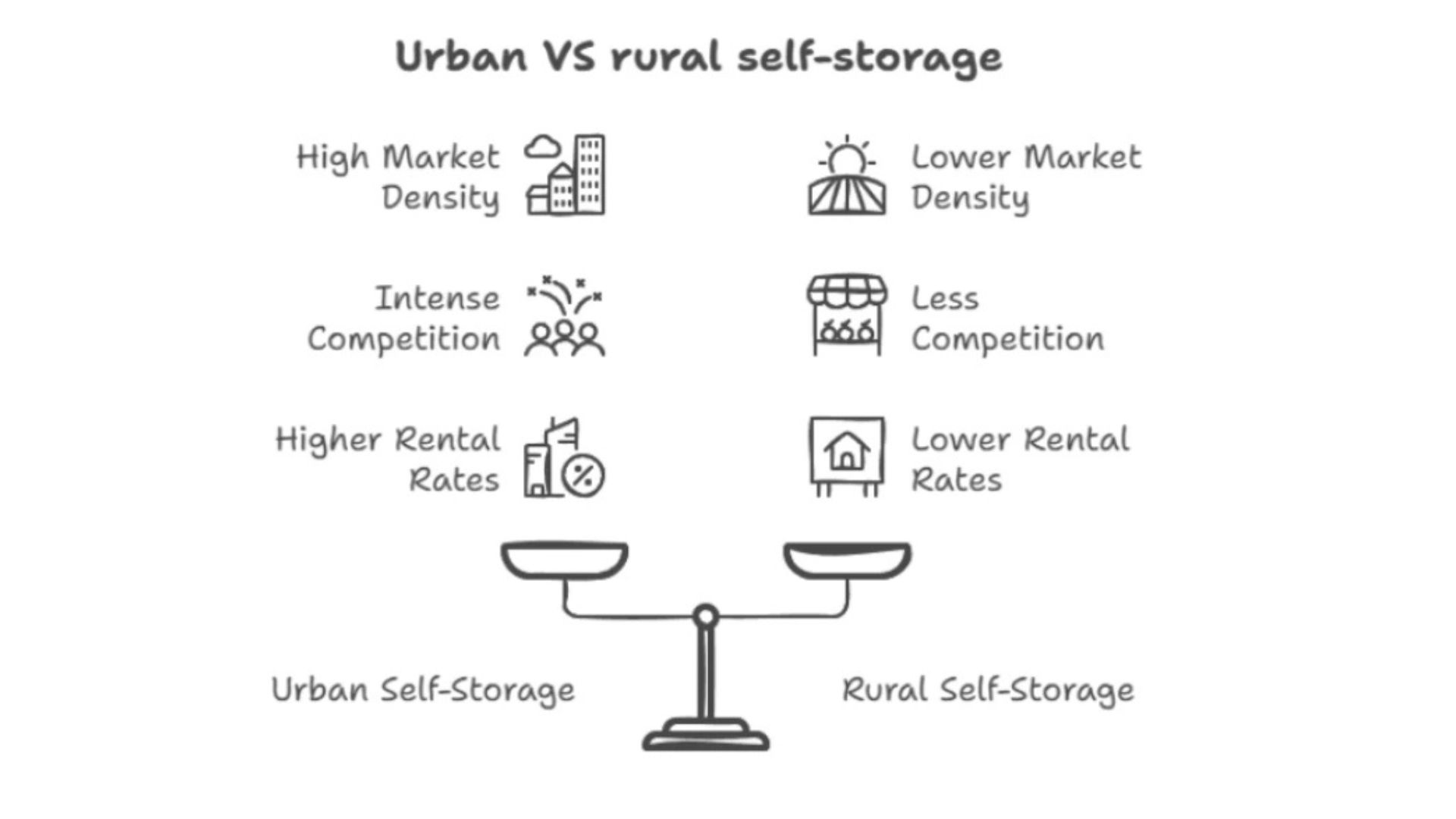Numerous areas of business are now automated because of technological advancements. Even the home has become a place where we can take advantage of that luxury. Homeowners may now control, monitor, and operate certain appliances and systems in their homes using a smartphone. These homes are commonly referred to as ‘smart’ or ‘automated.’
As a result, new companies are exploring the future of home design using software and initiatives based on building technology. Although the future of smart homes is bright, you must take a broader perspective of these advancements and recognize the consequences of their rising popularity. You’ll learn from this article how automation can affect home design.
How Does Home Automation Work?
Home automation, also known as smart home technology, refers to the process of controlling electronic devices in your home using a smartphone, tablet, or control panel through a network. It could be controlled via a local network or the internet. Most commonly, home automation relates to installing sensors and other electronic components in a home.
What Are Examples of Home Automation?
More and more home appliances and systems are becoming smart such as the following:
- Smart Locks: With smart door locks, you can remotely lock and unlock your doors. This means you can let in a family member or visitor even if you’re in the office.
- Smart Security Cameras: You can monitor your home using internet protocol (IP) cameras even if you’re on vacation by viewing the live feed. You can even pan the security camera to view other angles.
- Smart Lighting: You can automate the lights to turn on at a particular time or when you enter the living room. Smart lights can even adjust the brightness based on your preference.
- Smart Thermostats: Using a smart thermostat that’s connected to your heating or cooling systems, you can monitor and adjust the temperature in your home.
- Smart Coffee Makers: You can automate your coffee maker to brew a cup of coffee in time for breakfast.
To make your life easier, you’d have to link your home’s electronic appliances, such as lights and locks, to your smart home hub.
 image © Mike Fouque
image © Mike Fouque
What Are The Benefits Of Home Automation?
The benefits of home automation may be summed up into the following.
- Safety: Smart security systems could detect a security breach and notify you accordingly. Smart smoke detectors also send timely notifications and trigger an alarm if it detects smoke or dangerous levels of carbon monoxide.
- Comfort: With smart thermostats linked to your heating and cooling systems, you can easily control the temperature and make it comfortable by the time you reach home.
- Convenience: You get more things done because your smart appliances can take care of some repetitive housekeeping tasks.
- Energy Efficiency: You can turn the lights and the furnace off when you’re not home. This feature allows you to save energy.
- Remote Access: You can control your smart home appliances from anywhere in the world using your smartphone or another networked device.
How Does Automation Affect Home Design?
As house design needs to keep up with the latest technological advancements, so do architects, engineers, and building companies. Modern construction methods evolve, and new jobs are created, such as electronic system contractors who install and configure smart systems to ensure seamless operation.
Contrary to popular perception, a smart home doesn’t require a modern or minimalist design. However, design considerations are involved when retrofitting your home with smart home technology. These are the areas that need careful attention when designing your smart home:
- Lighting Control
Custom wiring for lighting control offers a more flexible solution than the wireless method. Other important considerations include the ideal location for wiring, switches, and keypads. Another issue is where to place them for centralized control or single-room control.
- Audio Video System
As with lighting control, a wired system is an excellent choice for your audio video system because it makes high bandwidth possible, permitting the distribution of 4K video and high-resolution audio to different areas in your home.
The challenge for home designers is to make sure that lighting, acoustics, and proper placement of projector, speakers, seats, and outlets for equipment all come together to give your family an incredible cinematic experience along with an aesthetically pleasing home entertainment room.
- Home Security
Your home design is also affected by your security requirements for your home. For instance, do you want your security system to trigger a high-decibel alarm whenever the security camera detects an intruder? Would you prefer your security cameras or motion sensors to be visible? Do you wish to install smart locks? How about smart systems that could detect water leaks or harmful gas leaks?
The answer to these questions would determine the need for wiring and electrical outlets, not to mention the specific electronic devices that would meet your security needs and satisfy your aesthetic requirements.
- Climate Control
Installing smart thermostats using wireless technology is a convenient solution as it facilitates easy monitoring and control. The design issue is where to place the thermostats and additional sensors in your home. As always, placement should consider convenience, functionality, and aesthetics.
Takeaway
Automated residential complexes will be commonplace in the future. This means that architects, engineers, and building contractors need to adapt to the design considerations of smart home technology. Moreover, enlisting the services of a home automation professional at the outset is crucial as these considerations could affect the construction and interior design.
Not just new builds but even existing homes could benefit from the services of such an expert to make home automation solutions simple and easy to use.
Author's Bio
Anne Grace is a real estate supervisor and home improvement specialist. She conducts webinars and writes blog posts to share her knowledge and skills. Anne enjoys cooking and baking in her free time.





